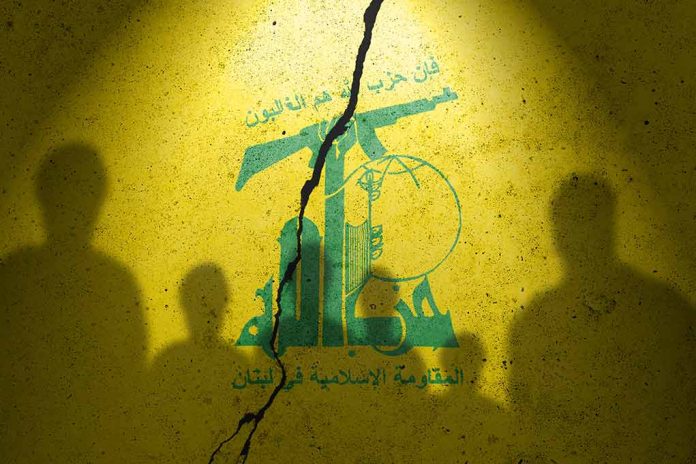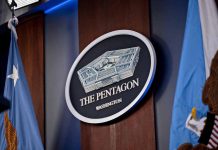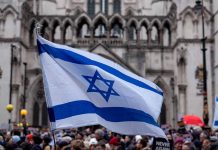
Well, folks, it seems the Middle East chess game just lost a major piece. In a move that’s sure to ruffle some feathers (and possibly a few buildings), Israel has reportedly taken out Hezbollah’s second-in-command, Fuad Shukr. Now, before you start yawning at yet another conflict update, let me tell you why this particular hit is a real head-turner. Shukr wasn’t just any run-of-the-mill terrorist; he was the mastermind behind the 1983 Beirut barracks bombing that killed 241 U.S. service members. That’s right, this guy had been on Uncle Sam’s naughty list for four decades. So, buckle up, patriots, because we’re about to dive into a story that’s part revenge thriller, part international crisis, and all kinds of complicated.
The Strike and Its Immediate Aftermath
Israel’s military struck deep into Beirut, claiming to have eliminated Fuad Shukr, a high-ranking Hezbollah commander. The operation was a retaliation for a rocket attack in the Israeli-controlled Golan Heights that tragically killed 12 children and teenagers. Israel’s Defense Minister Yoav Gallant didn’t mince words, stating, “Hezbollah crossed the red line.”
The strike caused significant damage in Beirut, including a partially collapsed apartment building, and resulted in civilian casualties. Hezbollah, for its part, has denied involvement in the Golan Heights attack and has not confirmed Shukr’s death.
Shukr’s Terrorist Legacy
Fuad Shukr wasn’t just any target. The U.S. State Department had designated him a “Specially Designated Global Terrorist” and offered a $5 million reward for information on his whereabouts. His most notorious act was orchestrating the 1983 bombing of Marine barracks in Beirut, which claimed the lives of 241 U.S. service members.
Shukur had directed Hezbollah’s attacks on Israel since the onset of the Israel-Hamas war on October 8 and was implicated in the deaths of numerous Israelis and foreign nationals over the years. – Israeli military.
The elimination of such a high-profile terrorist leader is likely to have significant repercussions in the region and beyond.
International Reactions and Diplomatic Concerns
The international community, including the United States, has called for restraint to avoid escalation. Vice President Kamala Harris stated:
However, she also emphasized the need for a diplomatic solution, saying:
The strike has raised concerns about potential escalation into a wider conflict between Israel and Hezbollah, which boasts significant military capacity, including an estimated 30,000 active fighters and over 120,000 rockets and missiles.
Potential for Wider Conflict
The geographical terrain of Southern Lebanon provides strategic advantages for Hezbollah in a potential conflict. As noted by a CSIS analysis:
This sobering assessment underscores the gravity of the situation and the potential for a wider regional war.
Sources:
https://www.npr.org/2024/07/30/nx-s1-5057520/israel-strikes-beirut-lebanon-retaliation
https://www.csis.org/analysis/coming-conflict-hezbollah

















